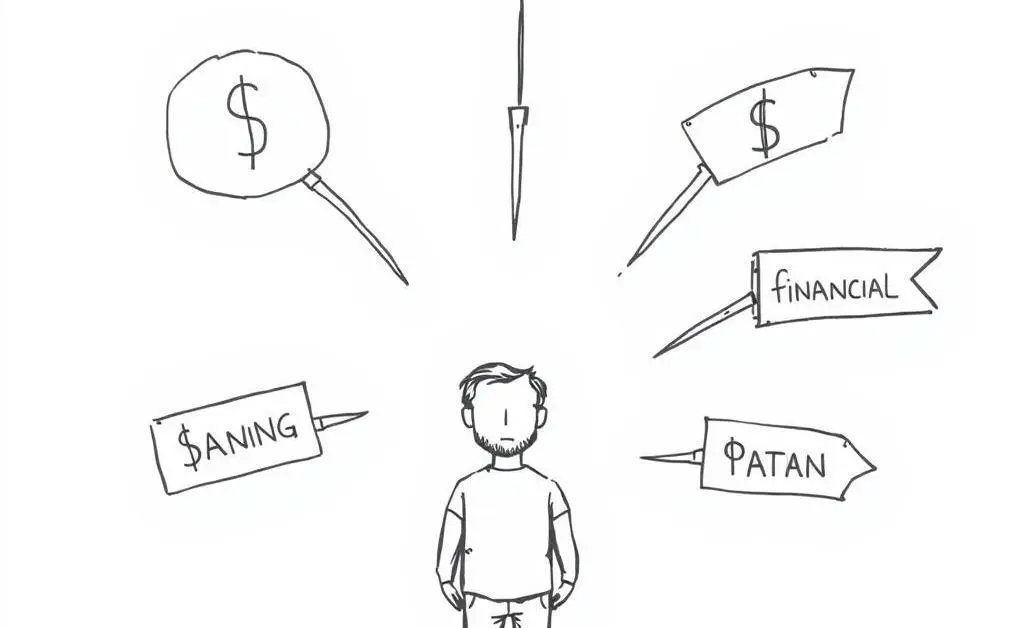Navigating Home Loans: How Loans Affect Your Remortgage Options
Explore how loans impact remortgaging, with practical tips and insights.

If you've ever jumped into the world of home ownership, you'll know that loans are part and parcel of the journey. But what happens when you're considering a remortgage? How does having a loan impact your options? Let's dive into this and unravel the complexities.
Understanding Remortgaging: The Basics
First things first, what is remortgaging? In simple terms, it involves switching your existing mortgage deal for a new one. This can be done with your current lender or a different one. People typically remortgage to secure a better interest rate, access equity, or change the type of mortgage. However, if you have existing loans, they might affect your remortgage options.

How Loans Affect Your Remortgage Options
Loans impact a few significant areas when you're thinking about remortgaging:
- Debt-to-Income Ratio: Lenders will examine your debt-to-income ratio to assess your ability to repay the mortgage. If you have significant loan repayments, it might affect your eligibility.
- Credit Score: Existing loans influence your credit score, which in turn, affects the mortgage deals you're likely to qualify for.
- Affordability Checks: Lenders conduct affordability checks to ensure you can handle the financial commitment of the new mortgage alongside your current loans.
Practical Tips for Managing Mortgages and Loans
While having loans might complicate things, managing them effectively can enhance your remortgage prospects:
- Review Your Current Loans: Understand the terms and total repayment amount of your existing loans. Can you consolidate or pay off smaller debts? This step can improve your financial standing.
- Enhance Your Credit Profile: Focus on boosting your credit score by making payments on time and reducing your credit utilization rate. A healthier credit score can open doors to better mortgage deals.
- Communicate with Lenders: Be upfront with potential lenders about your current financial situation, including all outstanding loans and debts. They can guide you on best steps forward.

Remember, transparency and a proactive approach can greatly influence the remortgaging process in your favor.
What's Your Plan?
Remortgaging while managing loans might seem daunting at first, but with a clear understanding and strategic approach, it can lead to beneficial outcomes. Have you considered how your current financial standing might affect your future home financing plans? Let's engage in a conversation and explore together!




